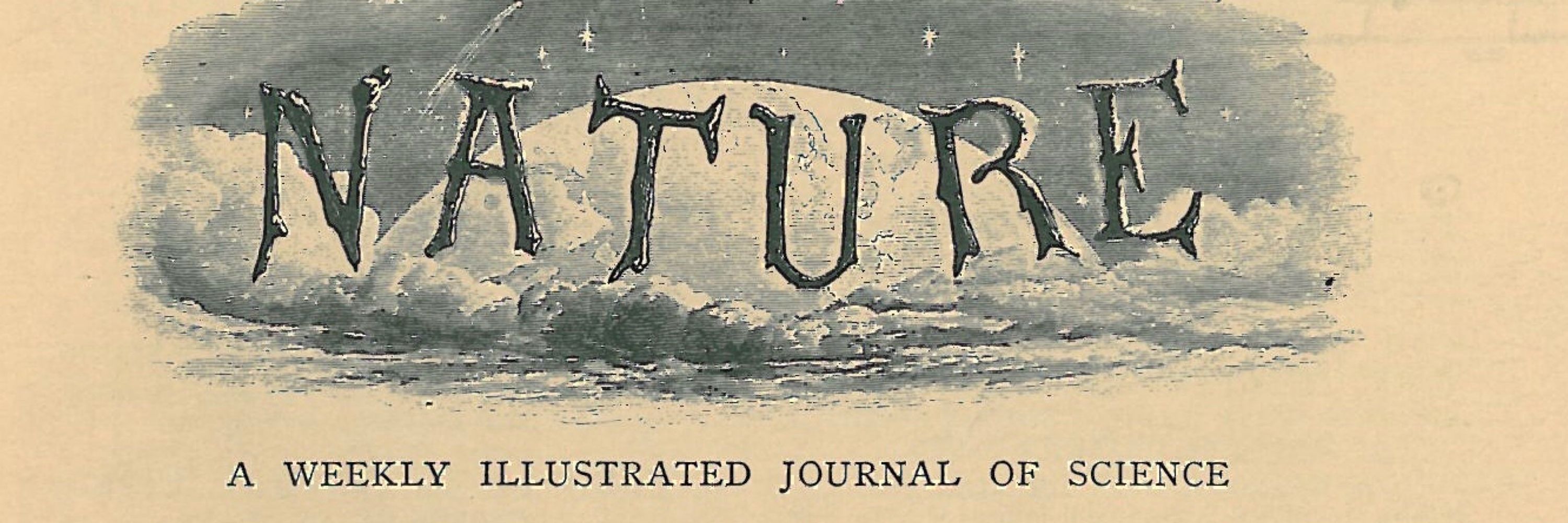Magdalena Skipper
@magdalenaskipper.bsky.social
7.4K followers
260 following
450 posts
Editor in Chief of Nature, geneticist, editor, accidental potter. All views my own
Posts
Media
Videos
Starter Packs























